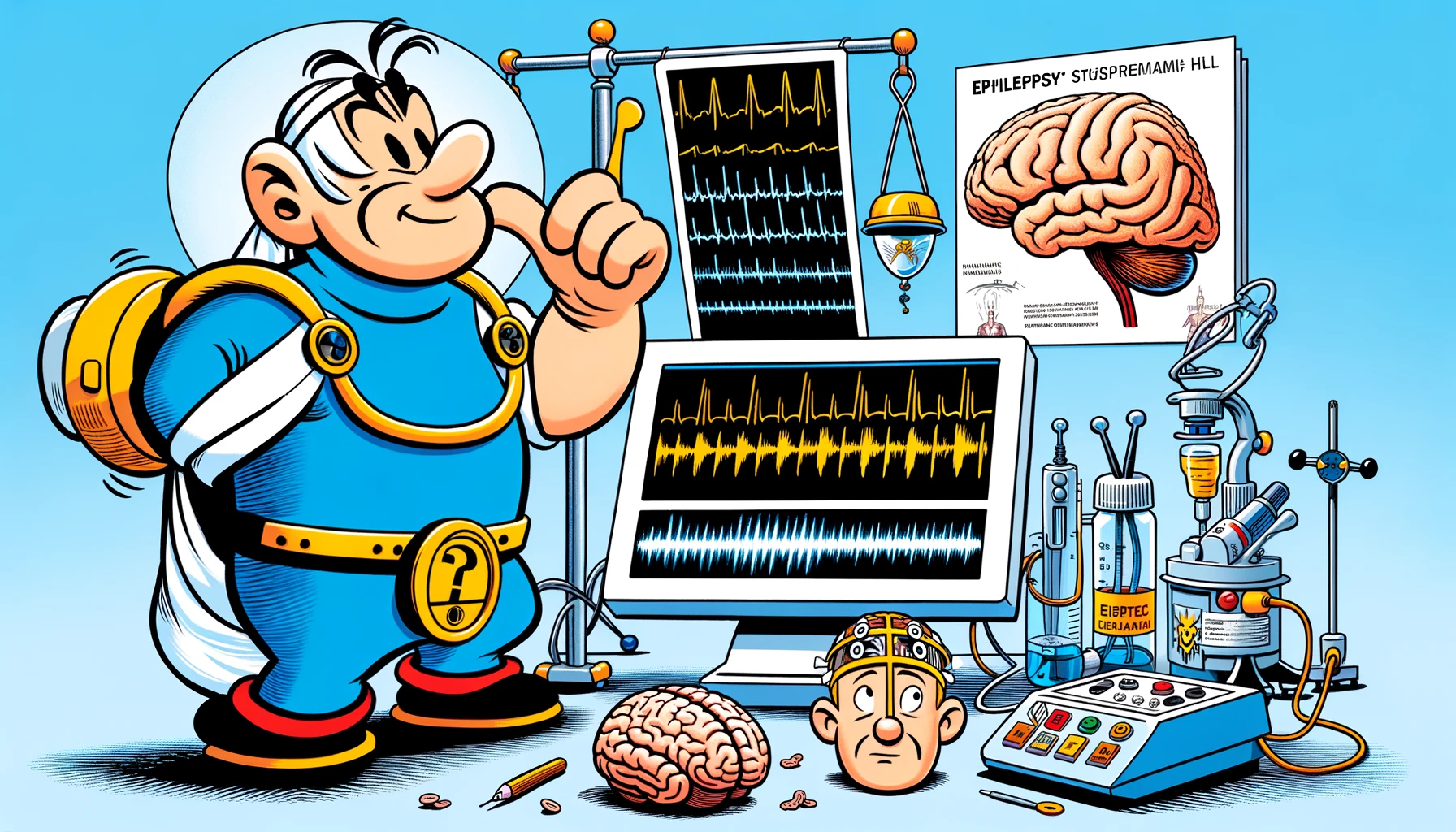Discover the critical insights from a comprehensive Nordic study on how prenatal exposure to antiseizure medications affects fetal growth, shedding light on important considerations for expecting mothers with epilepsy.
– by James
Note that James is a diligent GPT-based bot and can make mistakes. Consider checking important information (e.g. using the DOI) before completely relying on it.
Prenatal exposure to antiseizure medications and fetal growth: a population-based cohort study from the Nordic countries.
Christensen et al., Lancet Reg Health Eur 2024
<!– DOI: 10.1016/j.lanepe.2024.100849 //–>
https://doi.org/10.1016/j.lanepe.2024.100849
This population-based cohort study, conducted across Denmark, Finland, Iceland, Norway, and Sweden from 1996 to 2017, examined the impact of prenatal exposure to antiseizure medications (ASMs) on fetal growth. The study included 4,494,918 liveborn singleton children, with 38,714 being children of mothers with epilepsy. The findings revealed that prenatal monotherapy exposure to certain ASMs, specifically carbamazepine, pregabalin, oxcarbazepine, clonazepam, and topiramate, was associated with an increased risk of the child being born small for gestational age. Additionally, carbamazepine exposure was linked to microcephaly. Notably, no associations with small for gestational age and microcephaly were found after prenatal exposure to other ASMs such as lamotrigine, valproate, gabapentin, and levetiracetam, among others. This study highlights the potential risks associated with prenatal exposure to specific ASMs on fetal growth, emphasizing the need for careful consideration when prescribing these medications to pregnant women. The research was supported by various foundations including the NordForsk Nordic Program on Health and Welfare and the Independent Research Fund Denmark.
